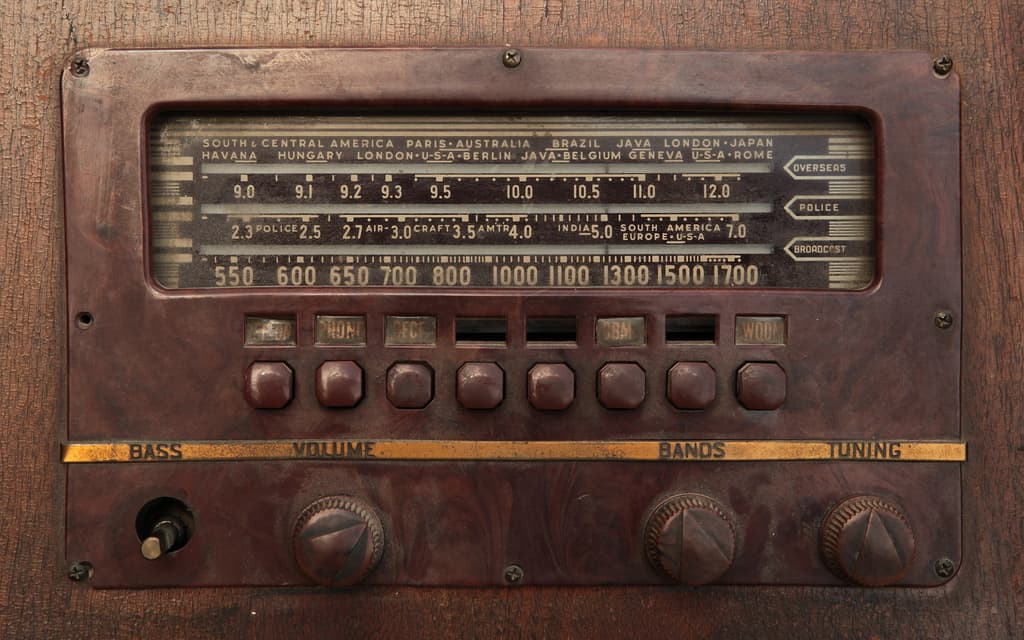
Black Jesus
I (not-so-secretly) love the radio show This American Life. This should not surprise you. I fit their demographic perfectly. I’m educated, socially concerned, a fan of independent music and film; I love story. Most of all, I’m a member of a generation that’s suspicious of attempts made at “non-biased” journalism. We know that every story told is told by someone and every someone speaks from a given perspective; we are largely unable to trust anonymous authority.
The upside to our doubt? More than leaving us skeptical and suspicious, our awareness of subjectivity has left us, well, curious. With all the debate about the impact of hipster irony I prefer to ponder our curiosity. With the return of thick-rimmed glasses, oversized headphones, and beard stroking self-referential cultural commentary I see a culture of curiosity beneath the irony. There’s a depth to irony that invites us to understand multiple possible meanings. If nothing else the potential confusion an ironic tone suggests persistently begs the question: Well, aren’t we curious?
This American Life is one of public radio’s most popular shows, I think, because it honors our curiosity. The tone of the show isn’t irony but rather one of profound sincerity. These stories are about both the writers and the objects of their attention. Add the listener to the mix and you have a wonderfully intersubjective attention building exercise. As a Catholic I think it’s one of the most sacred things out there: paying attention to the reality as it is, paying attention to the self in relation to that reality and finding ourselves transformed by the experience. In our Catholic language I think we’d say that it’s revelatory; it is, as we Jesuits like to say, about finding God in all things.
***
This American Life recently ran a piece titled “Soul Sister” by Sonari Glinton an NPR reporter from Chicago stationed in Detroit who’s spent most of his time in recent years covering the auto-industry. Take a few minutes to listen to this story and you’ll hear a report about the day a beloved nun, Sister Rosemary, changed the crucifixes in the classrooms of her Chicago school. Ira Glass prefaces the story saying that, “sometimes the impressiveness of the messenger is what makes a message so powerful.” This could be said of many of This American Life’s best pieces although it’s a particularly elegant summation of this one… the messenger becomes the message.
“Soul Sister” is both a simple report on a small moment in a person’s memory and a complex narrative about profound change – in a city, in a child’s sense of self, and in an image of God. It’s incarnational; it seeks the God indwelling in our daily lives, in our embodied selves. It’s both a story about attention and an act of attention – even more than revelatory it’s sacramental. Our sharing in this story, like young Sonari’s sharing in the story of Jesus, is sharing in the personal presence of God in our lives.
Sister Rosemary simply changed the crucifixes in the classrooms of a school in a changing neighborhood – narrow noses to wide ones, thin lips to thick, blond to brown, white to black. She simply thought that her students should know that Jesus looked more like them than they had previously been told. Her simple act had a profound impact. Glinton reports: “When you’re a fourth grader everything is bigger than you, everyone is smarter than you, older. But when one day you realize that Jesus is just like you, Jesus is black, then everything short of Jesus seems possible.”
This American Life’s stories and the way they tell them invite us to practice a kind of sacred attention. There is something sacred about our listening, about the quality of imagination and attention that it requires of us, the skills of interiority it fosters in us. Hearing is the most interior of the senses, the most emotive.
Did video kill the radio star? That’s what I was told. I certainly hope not. As a matter of faith, I look forward to the resurrection of the dead and radio is one of those I hope to see reborn. Maybe the radio star wasn’t actually dead; maybe she was just sleeping. Afterall, the two – death and sleep – have been confused before. Have you seen Romeo and Juliet? Sad. But, there is reason to hope. Radio lives! In this story Jesus becomes the radio star… and video can’t kill a damn thing.
In the end, I suppose thinking of God as a DJ isn’t the worst metaphor out there. Imagine him bent over a mixing board holding one headphone to his eternal ear, taking the tracks of history and mixing them up… mashing them together… working the crowd… making us sweat… making us cry… moving us. We listen to His narration… the music fades in and out… like our breath. There we are: Hearing things we couldn’t possibly see… Sharing things we couldn’t possibly say. Knowing things we’ve only ever felt in silence now present and sensible in sound and song.
In this story we realize that Jesus is just like us and suddenly everything seems possible.



